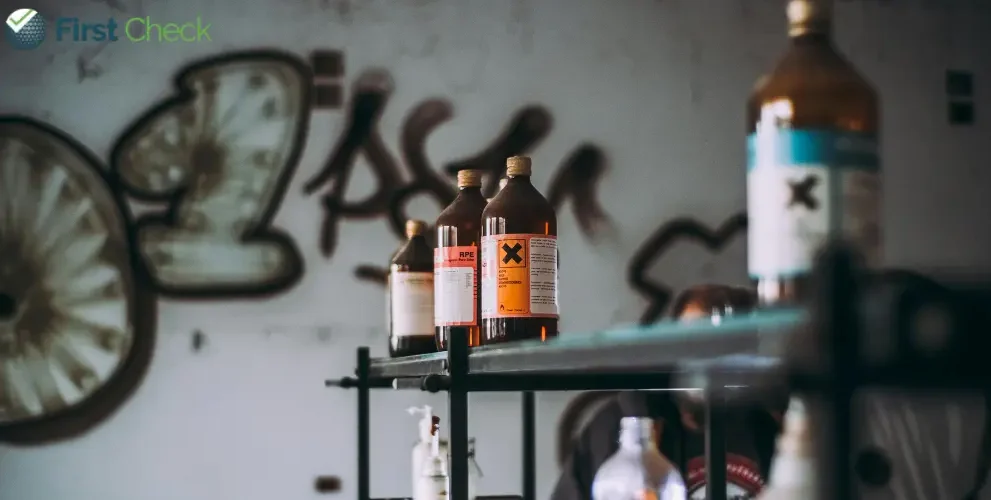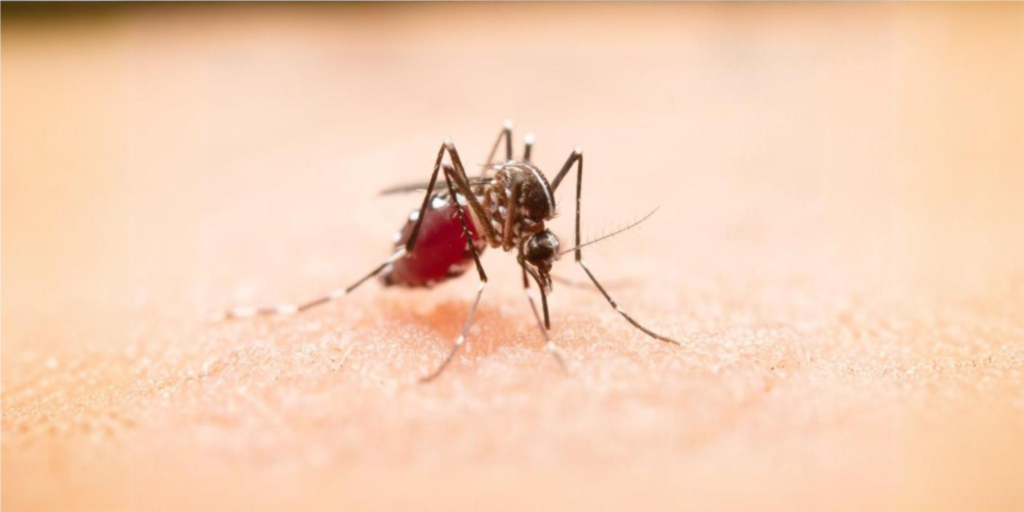Tags
Fact-check: Not all cyanide exposures are murderous
Author
Author
- admin / 8 months

- 0
- 2 min read

Estimating how lethal a dose can be is challenging, due to various factors, such as the specific compound involved.
In the true-crime documentary ‘Curry & Cyanide - The Jolly Joseph Case’, available on Netflix, a toxicologist asserts, “When you come across cyanide in a case of death, first rule out murder.” While cyanide is often portrayed as a swift-acting poison in murder mysteries and popular fiction, it’s crucial to recognise that there’s more to the story. Did you know that most of us are exposed to this toxin through everyday chemicals and foods?
The term ‘cyanide’ encompasses any chemical containing a carbon-nitrogen (CN) bond. Cyanide exposure can result in death within a short time frame, ranging from minutes to hours. Estimating how lethal a dose can be is challenging due to various factors such as the specific compound involved.
In cases of inhaling a high dose, unconsciousness and death may swiftly follow, possibly within seconds. It can mimic a heart attack. On the other hand, lower doses or ingested cyanide could take several hours, or even days to completely disrupt the body’s oxygen utilisation.
Not many people realise that cyanide is found in foods such as almonds, apple seeds, lima beans, bamboo shoots, sorghum, cherry stones, apricot pits, and peach pits. Similarly, cyanide exposure can occur through inhaling smoke from cigarettes or fires, ingesting acetonitrile-based products (commonly used for removing artificial nails), or coming into contact with contaminated water, food, soil, or air.
Chronic cyanide exposure can lead to symptoms such as headaches, abnormal taste, vomiting, chest pain, and anxiety. Early diagnosis and treatment are critical. It’s important to remember, though, that not all cyanide exposure is lethal. In some cases, they may even be beneficial. Sodium cyanide, for instance, can be used to treat certain types of cancer, while nitrile is utilised in pharmaceuticals.
Don’t believe everything you hear or read! First, get the facts right.
To fact-check any health-related claims, you can mail us at hello@firstcheck.in or WhatsApp us on +91 9311 223145.










